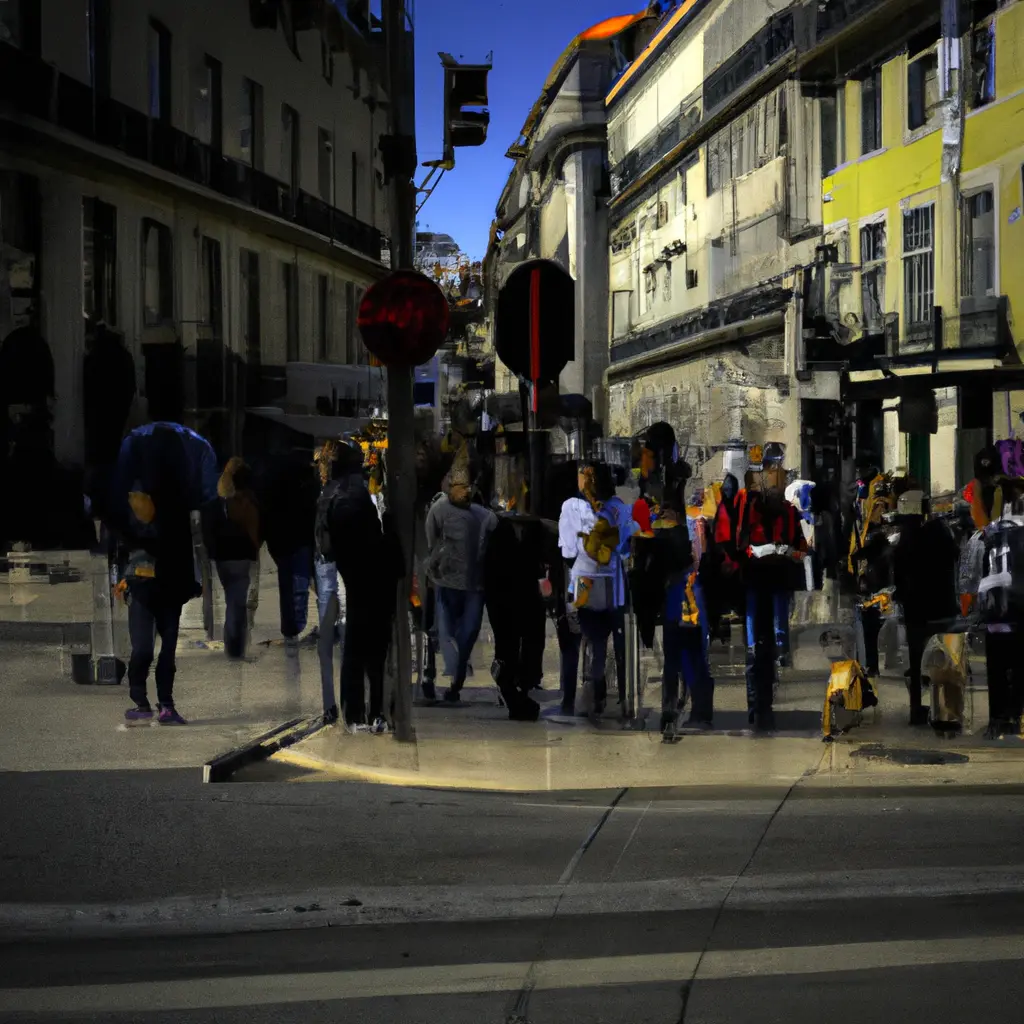** Portugal: assistance with rental payments in a housing crisis

In Portugal, there is a shortage of affordable homes and apartments for sale and rent, and property prices in the market are rising higher and higher. This has a huge impact on people's lives. There are cases of young people who work but cannot afford to pay rent and continue to live with their parents. Some residents of Lisbon have moved to remote areas of the country in search of affordable rentals, as well as numerous immigrants, including Brazilians, who are looking for alternatives in small towns away from the big cities. For instance, Felipe Barbosa from the state of Ceará, who has been living in Portugal for almost four years, decided to move from a small rental house in Lisbon to an apartment in a Lisbon neighborhood where he had already lived. He tried but couldn't find anything within his budget. Therefore, he moved to the town of Barcelos, located in the north of the country, where he found the housing he needed. "There was an apartment available that I could rent. This apartment cost half as much as the one I was going to rent in Lisbon," he recalls.
According to the plan, the government will regulate the cost of new rental contracts, and that's not all. Those with an income of around 1,100 euros (about 6,250 rubles) who spend more than 35% of their salary on rent will be eligible for monthly assistance of up to 200 euros (about 1,135 rubles). "This is a temporary measure that will be in effect for the next five years, a period we consider necessary for the state housing offer and a set of other support measures for affordable rent to normalize the rental market, so that there is accessible housing," emphasized Portuguese Prime Minister António Costa. Those with a mortgage who fit the same profile—an income of around 1,100 euros and rent expenses exceeding 35% of their salary—will receive monthly assistance of 60 euros (about 340 rubles) to help with their payments. Additionally, banks will be required to offer a fixed interest rate for mortgage loans. Salaries are not keeping up with rising prices.
According to the Portuguese Ministry of Labor, last year more than 50% of workers earned salaries of less than 1,000 euros. For young people under 30, this percentage was 65%. As wage growth does not keep pace with inflation, it becomes very difficult to rent housing on a low salary. Currently, in Lisbon, renting a one-bedroom apartment in acceptable condition costs about 800 euros (around 4,500 rubles).
Reasons for the crisis
Housing problems are linked to a number of factors.
13 May 2025
14 May 2025
14 May 2025
Reflection of interest rate growth
Considering that about 90% of bank loans for purchasing a home in Portugal are subject to variable interest rates, the increase in mortgage rates has a significant impact - many families are seeing their property payments double in the past year. Brazilian real estate consultant Ana Paula Oliveira has been working in the Portuguese market for six years and has been observing the difficulties and uncertainties faced by those trying to buy their own homes in these challenging times. "We do a 'bank check' for the client today, and in 30 days we don't know if they will still have the financial ability to purchase the property. If we don't find a property within that period, we don't know if they will maintain the same financial capability in 30 days," she said in an interview with RFI.
Local accommodation and "forced" rental
To increase the housing supply, the package also stipulates that the Portuguese government can lease and sublease vacant houses and apartments, committing to pay rent if tenants fail to meet their obligations. One of the proposals also suspends the issuance of new licenses for local accommodation, while existing licenses will be reviewed in 2030. An exception to this measure is made for rural accommodations in remote areas of the country. 'Golden visas' In an attempt to combat speculation in the real estate market, the plan also halts the issuance of new "golden visas," which are residence permits for investment activities. Already issued visas can be renewed if the property is intended for the owner's or their descendant's permanent residence, or if the property is rented out. Part of the proposals is currently under public discussion until Friday. After approval by the Council of Ministers, they will be sent to Parliament for a vote.
Comment
Popular Offers

Subscribe to the newsletter from Hatamatata.com!
Subscribe to the newsletter from Hatamatata.com!
I agree to the processing of personal data and confidentiality rules of Hatamatata














